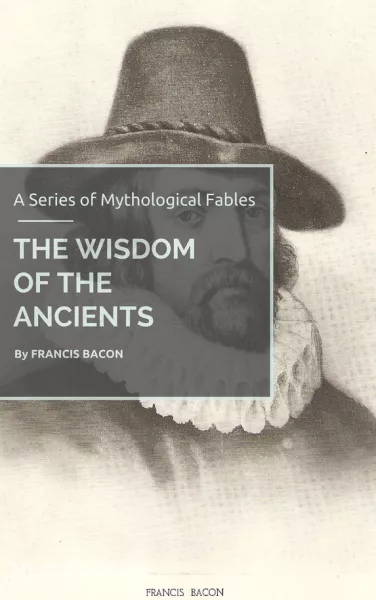
The Wisdom of the Ancients, A Series of Mythological Fables
'The Wisdom of the Ancients, A Series of Mythological Fables' Summary
Sir Francis Bacon's The Wisdom of the Ancients is a collection of essays that explore the hidden meanings and teachings of ancient Greek mythology. Bacon believed that these stories were not simply entertainment, but vessels for profound wisdom about human nature, morality, and the natural world.
In each essay, Bacon takes a different myth or fable and examines its symbolic meaning. He draws on his own knowledge of philosophy, science, and politics to offer new and insightful interpretations of these timeless tales.
For example, in the essay "Narcissus," Bacon examines the myth of the self-obsessed youth as a cautionary tale about the dangers of vanity and self-love. He argues that Narcissus's punishment—to be forever trapped gazing at his own reflection—is a metaphor for the spiritual emptiness that comes from living a self-centered life.
In the essay "The Cave of Vulcan," Bacon sees the story of the blacksmith god as a metaphor for the creative process of science. He argues that Vulcan's workshop, where he forges weapons and other marvels, is a symbol of the human mind. Just as Vulcan uses his fire and hammer to transform raw materials into useful objects, so too do scientists use their knowledge and reason to transform the natural world into new technologies and discoveries.
And in the essay "Prometheus," Bacon explores the myth of the Titan who stole fire from the gods as a parable about the power of knowledge and the importance of using it responsibly. He argues that Prometheus's gift of fire to humanity was a blessing, but it also came with a curse. Just as fire can be used to cook food and provide warmth, it can also be used to destroy and wage war. It is up to humanity to use knowledge wisely and ethically, or we risk suffering the same fate as Prometheus.
Bacon's The Wisdom of the Ancients is a fascinating and thought-provoking work that offers readers a new perspective on the ancient myths and fables that have shaped our culture for centuries. It is a book that can be enjoyed and learned from by readers of all ages and backgrounds.
The Essence and Spirit of the Book
The essence and spirit of Bacon's book can be summed up in his belief that the ancient myths and fables contain profound wisdom that is still relevant to our lives today. He saw these stories as more than just entertainment; he saw them as moral and philosophical teachings that can help us to better understand ourselves and the world around us.
In his preface to the book, Bacon writes:
"The fables of the ancients have been in use for many ages, and with great applause. They are like the bread of the gods, which, being small in quantity, contains a great deal of nourishment. They are also like the manna that fell from heaven, which had a different taste to every person that ate it."
Bacon's book is an invitation to readers to explore the hidden meanings and teachings of the ancient myths and fables. He encourages us to look beyond the surface stories and to seek out the deeper wisdom that lies within.
Conclusion
Bacon's The Wisdom of the Ancients is a timeless work of philosophy that offers readers a new and insightful perspective on the ancient myths and fables that have shaped our culture for centuries. It is a book that can be enjoyed and learned from by readers of all ages and backgrounds.
Book Details
Language
EnglishOriginal Language
EnglishPublished In
1609Genre/Category
Tags/Keywords
Authors

Francis Bacon
England
Francis Bacon, 1st Viscount St Alban, also known as Lord Verulam, was an English philosopher and statesman who served as Attorney General and as Lord Chancellor of England. His works are seen as devel...
Books by Francis BaconDownload eBooks
Listen/Download Audiobook
- Select Speed
Related books
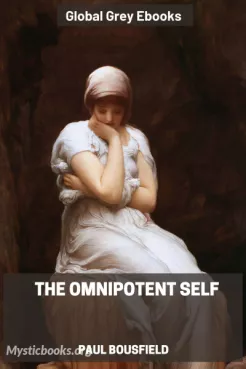
The Omnipotent Self by Paul Bousfield
It examines the concept of self-empowerment and the power of the individual to create and shape their own destiny. It argues that the individual is ca...
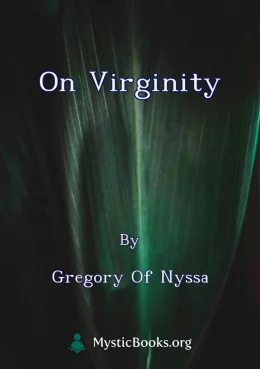
On Virginity by Gregory of Nyssa
On Virginity is a classic work of Christian literature by Gregory of Nyssa, written around 370 AD. The book is addressed to young women who are consid...
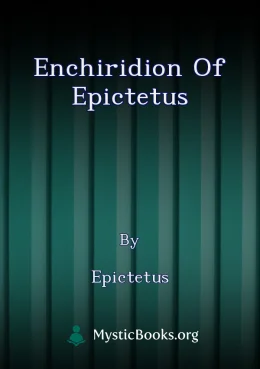
Enchiridion of Epictetus by Epictetus
Epictetus (Greek: Επίκτητος; c.55–c.135) was a Greek Stoic philosopher. The name given by his parents, if one was given, is not known - the word epikt...
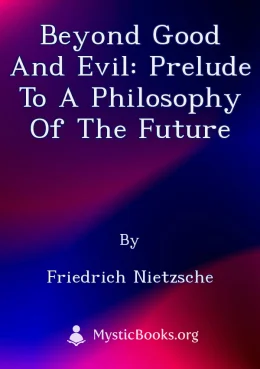
Beyond Good and Evil: Prelude to a Philosophy of the Future by Friedrich Nietzsche
'Beyond Good and Evil' is a philosophical treatise by Friedrich Nietzsche, first published in 1886. In the book, Nietzsche argues that traditional mor...

Bible (Reina Valera) 18: Job by Reina-Valera
The Book of Job is a profound exploration of the nature of suffering and the relationship between God and humanity. Through the story of Job, a righte...
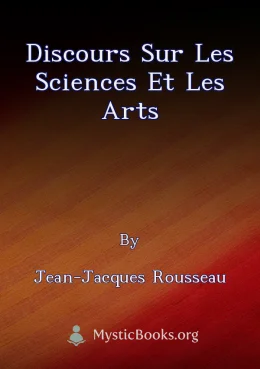
Discours sur les sciences et les arts by Jean-Jacques Rousseau
Le Discours sur les sciences et les arts est un texte de Jean-Jacques Rousseau écrit dans le cadre du concours de l’Académe de Dijon de 1750. Lauréat...

Honey-Bee by Anatole France
This captivating tale takes readers on a remarkable exploration of intellectual curiosity, societal norms, and the power of human connection. Anatole...
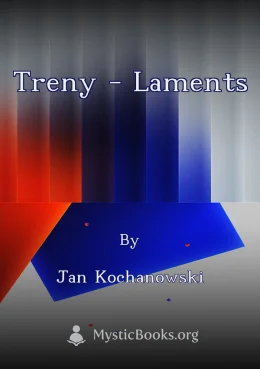
Treny - Laments by Jan Kochanowski
The *Treny* (Lamentations) by Jan Kochanowski are a poignant series of nineteen poems that capture the profound sorrow and reflection of a father grie...
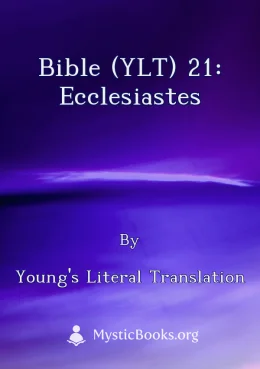
Bible (YLT) 21: Ecclesiastes by Young's Literal Translation
The Book of Ecclesiastes, written by the 'Teacher' (Qoheleth), explores the nature of life and its inherent meaninglessness. Through a series of obser...
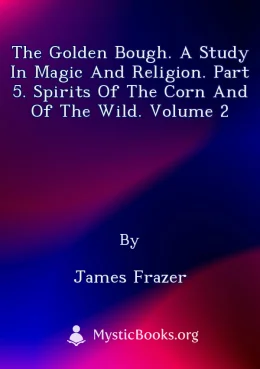
The Golden Bough. A Study in Magic and Religion. Part 5. Spirits Of The Corn And Of The Wild. Volume 2 by James Frazer
The eighth volume in The Golden Bough collection, and second volume of The Spirits of the Corn and of the Wild. The investigations into the superstiti...
Reviews for The Wisdom of the Ancients, A Series of Mythological Fables
No reviews posted or approved, yet...